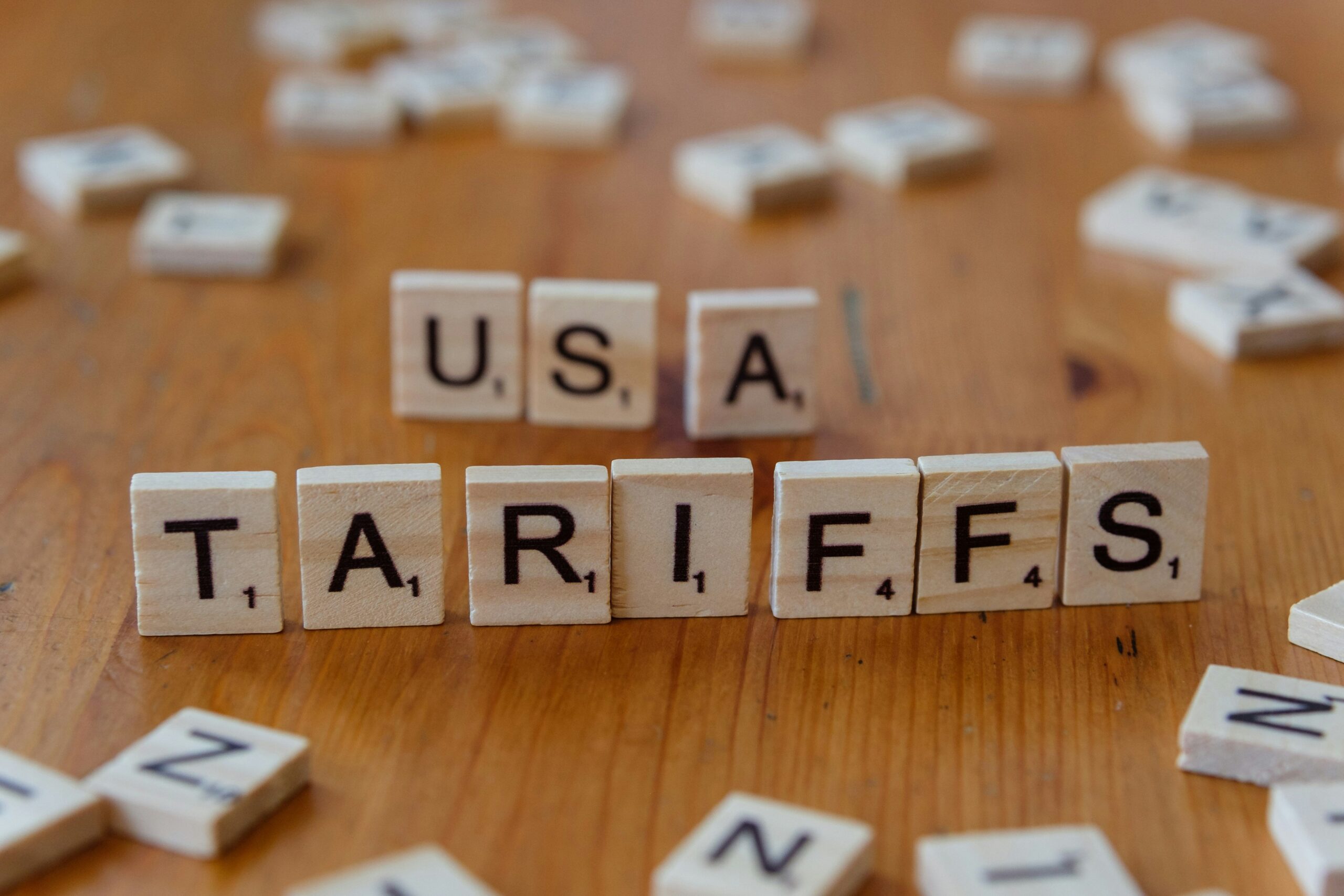Ever had your business hit a brick wall because of unexpected trade restrictions? Imagine spending months negotiating an international deal, only to have it crumble under a sudden wave of trade sanctions. Yeah, we’ve been there too.
In this post, we’ll unpack how political risk insurance plays a vital role in protecting businesses from the fallout of trade sanctions compliance issues. You’ll learn why it matters more than ever, actionable steps to ensure compliance, and insider tips for navigating this tricky terrain.
Table of Contents
- Why Trade Sanctions Compliance Matters
- How Political Risk Insurance Helps
- Steps to Ensure Trade Sanctions Compliance
- Best Practices for International Transactions
- Real-World Examples of Compliance Success
- FAQs About Trade Sanctions Compliance
Key Takeaways
- Political risk insurance protects against losses caused by trade sanctions and geopolitical instability.
- Understanding and ensuring trade sanctions compliance minimizes financial risks and legal penalties.
- Proactive measures like screening partners and staying updated on regulations can save you time and money.
- Businesses in volatile markets should prioritize having robust insurance coverage.
Why Trade Sanctions Compliance Matters
Think about this: The U.S. Department of Treasury’s Office of Foreign Assets Control (OFAC) fined companies over $1 billion in 2022 alone for violating trade sanctions. Ouch. If that doesn’t make you sit up straight, nothing will.
Here’s the confessional fail moment—I once overlooked a client’s country list during due diligence. Surprise! They were operating in a sanctioned region. That was one expensive oversight. Now I swear by double-checking every detail before signing off on deals.

Optimist You:
“Complying is just ticking some boxes!”
Grumpy You:
“Yeah, until those ‘boxes’ land you in court.”
How Political Risk Insurance Helps
Now let’s switch gears. What if I told you there’s a way to hedge against the chaos? Enter political risk insurance. It’s chef’s kiss for anyone dealing with complex global transactions.
This type of insurance safeguards your company from losses triggered by government actions like trade embargoes, expropriations, or currency controls. Picture it as peace of mind packaged into a policy.

Steps to Ensure Trade Sanctions Compliance
Step 1: Screen Your Business Partners
First things first—do NOT skip background checks. Use tools like the OFAC Specially Designated Nationals (SDN) List or third-party databases to vet clients and suppliers. Trust but verify.
Step 2: Stay Updated With Regulations
Regulations change faster than TikTok trends. Subscribe to newsletters from regulatory bodies or consult experts specializing in international law.
Step 3: Implement Internal Controls
Create a compliance program tailored to your operations. This includes staff training, clear documentation procedures, and regular audits. Yes, it sounds dull. But guess what happens without it? *RIP compliance.*
Best Practices for International Transactions
- Avoid using intermediaries unless absolutely necessary. Too many cooks spoil the broth—and sanctions compliance.
- Keep meticulous records of all transactions. Sounds tedious? Consider it your safety net when auditors come knocking.
- Terrible Tip Alert: Thinking “It won’t happen to me.” Spoiler alert—it might. And trust me, ignorance isn’t bliss here.

Real-World Examples of Compliance Success
Let’s talk about Company X—a small electronics exporter based in Texas. By investing in comprehensive political risk insurance and adopting strict screening protocols, they dodged potential fines after discovering a supplier indirectly linked to a restricted entity.
Result? Zero loss, zero stress. Now imagine being their competitor who cut corners… Whirrrr, hear that sound? It’s your laptop fan overheating while you sort out messes.
FAQs About Trade Sanctions Compliance
What are trade sanctions?
Trade sanctions are restrictions imposed by governments to limit commerce with specific countries, entities, or individuals.
Do I really need political risk insurance?
If you operate internationally or plan to expand globally, yes. It’s an investment in stability.
Can I handle compliance independently?
Technically, yes. But hiring a specialist reduces errors significantly. Would you DIY brain surgery? Didn’t think so.
Conclusion
Navigating trade sanctions compliance feels daunting, but it doesn’t have to be catastrophic. With the right blend of vigilance, strategic planning, and political risk insurance, you’re set to thrive even in unpredictable climates.
So next time someone mentions “trade sanctions,” don’t panic. Remember: Like a Tamagotchi, your protection needs daily care—but pays off big time when done right.
—
Haiku Break: Rules keep us steady,
Trade winds shift; storms arise,
Guard your treasure well.


